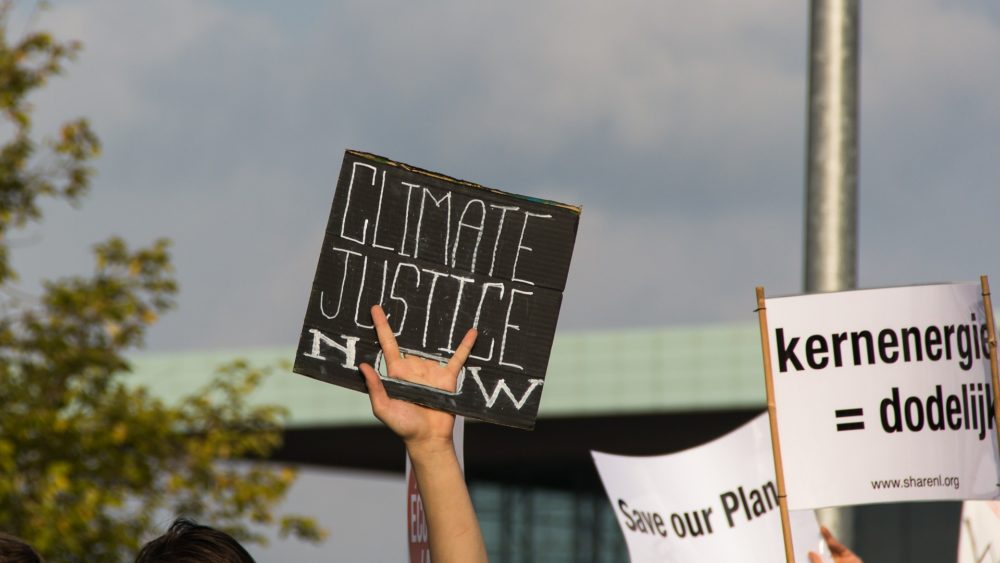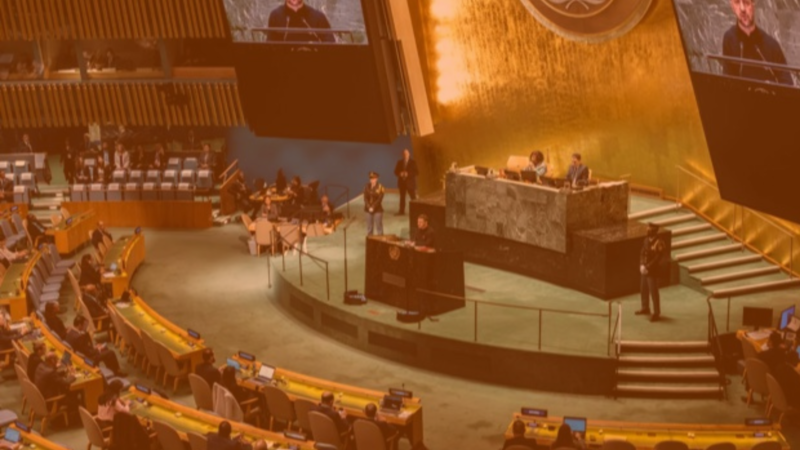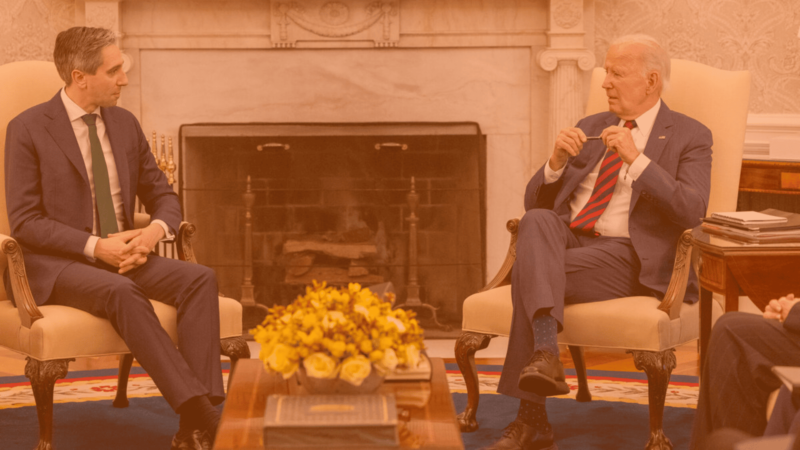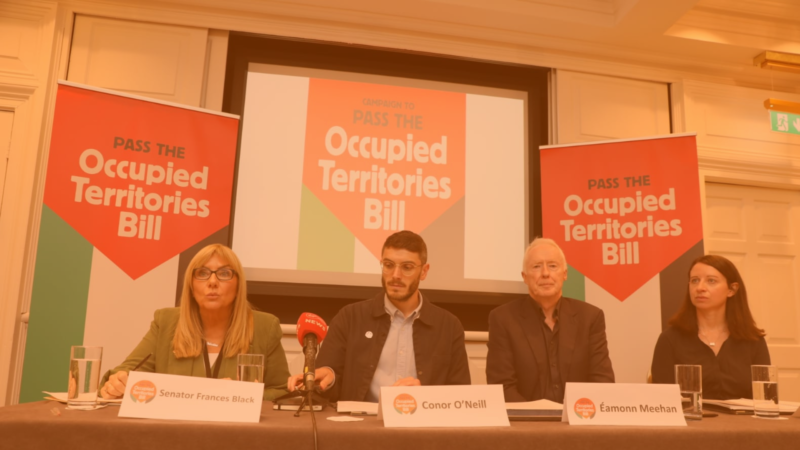The climate crisis is not the product of human nature, or even of human progress tout court. In fact, concentrating solar power technology was used in 1782 by Lavoisier. The photoelectric effect was discovered in 1839. And photochemistry was a budding and rapidly-advancing science at the end of the 19th century. People invented solar printing presses and irrigation systems, solar cooking ovens and solar industrial furnaces.
We could have had a solar society and avoided this crisis entirely. But we didn’t because fossil fuels were cheaper. And, more importantly, because while the sun shines for everybody equally, mineral resources can be appropriated and hoarded and their possession turned into rents.
Let’s say it as it is: this a crisis born out of capitalism, of its overexploitation of nature and desire for short-term gains and infinite expansion. Any solution worth its salt should take these origins into account.
But that is not enough: studying cancer has taught me to be wary also of feedback mechanisms and the co-optation of healthy systems to support the disease. Likewise, any meaningful solution to the climate crisis should be grounded in the understanding that the problem cannot be solved in isolation from other crises originated from the same cause. The crisis of unequal power between capital and democracy that has led to austerity in Europe. The crisis of loss of authority of sovereign governments through commercial treaties in the Global South. The global crisis in democratic legitimation. The erosion of worker’s rights worldwide. The over-extraction of resources. The destruction of our natural habitats and dispossession of indigenous peoples.
A Green New Deal should ensure that no one is left behind
Any solution deserving to be called a “Green New Deal” should also ensure that no one is left behind—not the workers trapped in obsolete industries, not vulnerable citizens who rely on public services, not people in the Global South in whose lands lay the minerals necessary for a full “green” transformation of Europe’s energy systems.

Participating in the solarpunk community as an author with the Commando Jugendstil collective, I have had the chance to play with some of the solutions circulated by different experts, trying to see how they could be gamed and twisted, pushing them to extreme conclusions. And I have become convinced that any solution that does not imply a full restructuring and democratisation of the systems of production and distribution of energy, food and goods is not a real solution, nor guarantees a future of dignified, fulfilling life for humankind.
The climate crisis is already causing suffering across the Global South
The climate crisis we are already experiencing poses an existential risk to most human societies and is already causing death, dispossession and suffering across the Global South. That a solution must be found and implemented quickly is beyond any doubt, but not all solutions are born equal. My training as a biomedical scientist has taught me that the most effective treatment for an ailment is that which targets its causes.
This is why, in 2018, I became involved in drafting DiEM25’s original Ecological Transition Green Paper. This was before Earth Strike was even founded, and as I became one of Earth Strike UK’s outreach officers in January 2019, I was uniquely positioned to participate in helping shape the Green New Deal for Europe’s Blueprint for Europe’s just transition which was launched on September 2, 2019.
The Green New Deal for Europe is a bold step in the right direction
Perhaps the Green New Deal for Europe (GNDE) is not the entirety of the solution, but with its green jobs guarantee and its drive towards the democratic control of energy and productive activities at a local scale it certainly is a bold step in the right direction. It could really change the narrative in Europe, kickstarting progress towards true climate justice for the Global South.
As an activist, appearing alongside eminent economists, researchers, leading climate activists and others, there has been both a rush and a trigger for impostor syndrome. But I don’t regret any of the lunch breaks and evenings spent poring over the drafts and debating with the other experts (to whom I apologise for not being an actual expert but only a well-read amateur). I hope that, as this project moves into the public consultation stage, many more EU citizens and activists will engage with it and will help shape it into a future we would all want to be part of.
Laura C Zanetti-Domingues is a UK outreach officer for Earth Strike, and a contributor to the GNDE’s policy paper “Blueprint for Europe’s just transition”
Do you want to be informed of DiEM25's actions? Sign up here










